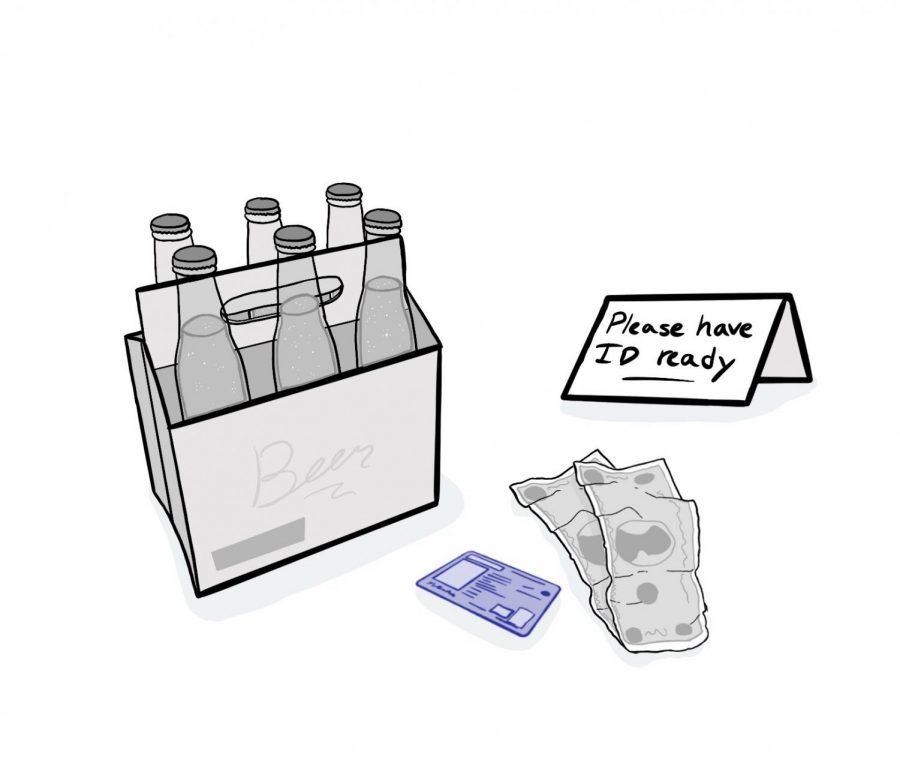A National Minimum Drinking Age is Unconstitutional
Why States Should Decide for Themselves When Citizens Can Legally Drink Alcohol
The legal age to consume alcohol in the US is 21.
March 5, 2020
Despite our stated commitment to freedom and liberty, the United States is the only Western nation where the minimum legal drinking age is 21. The United States has a long and complicated history with alcohol regulation. As a result of increasing pressure from temperance movements in the 20th century, the US outlawed the production, sale, and consumption of all alcohol from 1920 to 1933. After the ratification of the 21st Amendment repealed that nationwide standard, giving states absolute control of their respective laws on alcohol, most states made the minimum drinking age 21 because that was the voting age at the time. Those restrictions remained mostly constant until the 1970s. By 1975, only eleven states had a drinking age of 21, mainly because the voting age was lowered to 18 nationally with the passing of the 26th Amendment.
In 1984, Congress passed the National Minimum Drinking Age Act, requiring states to raise their legal age for purchase and public consumption of alcohol to 21, or the states would lose 10% of their federal highway funding. By 1988, all states and the District of Columbia had raised their drinking ages to avoid losing those funds, which were worth between $8 million and $99 million depending on the state.
A study by Harvard economist Jeffrey Miron in 2011 found that the impact the act had on drunk-driving fatalities did not persist past the first year of adoption and had little effect on rates of teen drinking. Studies by the Southern Economic Journal and the American Economic Review have also shown that drunk-driving fatalities simply shifted from the 18-20 age group to the 21-24 age group. As further evidence, drunk-driving fatalities in Canada, Australia, the UK, and other nations dropped in similar or faster rates, even though none of those nations raised their drinking age. The way in which the federal government required states to raise their minimum drinking ages is a massive violation of states’ rights enshrined by the 10th Amendment, and is therefore completely unconstitutional. In 1987, the National Minimum Drinking Age Act was challenged by South Dakota in a case that went to the US Supreme Court. The Court upheld the Act by a vote of 7-2. In 2017, however, the Supreme Court ruled that part of President Obama’s Medicaid expansion was unconstitutional as it threatened to decrease funding for states’ low-income health-care programs if they didn’t accept the money needed from the federal government to put more people on Medicaid. The Court thereby declared that the federal government withholding funding from a state as punishment for not doing their bidding is unconstitutional, yet this is exactly how the federal government has kept drinking ages the same nationwide for the past 30 years.
The national drinking age is undoubtedly a controversial issue. Excessive underage drinking and drunk driving are major problems in our nation; however, the evidence has shown that simply raising the drinking age is not an adequate solution to these issues, and the method that the federal government used to raise the age is blatantly unconstitutional. Whether they choose to keep it at 21 or lower it, individual states should have the right to set their own minimum drinking ages.
This piece also appears in our February 2020 print edition.










